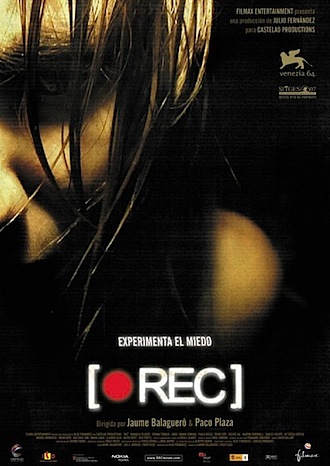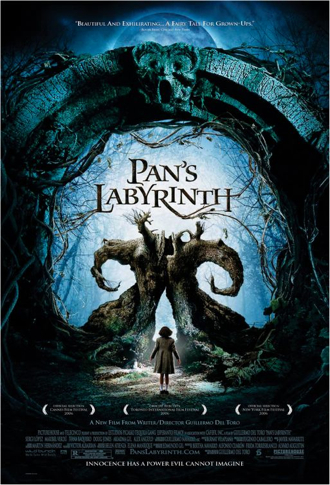Keira Knightley may only be 23 but (along with Daniel Craig and Simon Pegg) she's been given the unenviable job of saving the British film industry, a challenging task for…
Read More

It's babies everywhere in the cinemas at the moment. Last week I reviewed the Tina Fey comedy Baby Mama about a middle-aged woman desperate for a child and this week…
Read More

This week's Capital Times film review: Mr Bean's Holiday (Steve Bendelack); Twice Upon A Time (Antoine De Caunes); Pan's Labyrinth (Guillermo Del Toro); The Illusionist (Neil Burger); Breaking and Entering…
Read More
